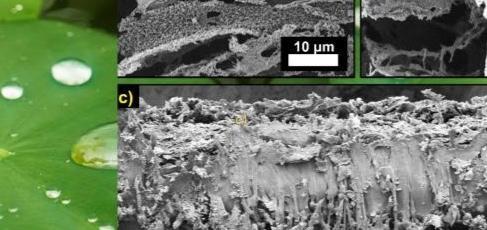
Why do we struggle to recall childhood memories? A new study sheds light on the mystery
Childhood memories are a staple of nostalgia and sentimentality, evoking feelings of warmth and fondness. However, have you ever stopped to think about why it’s so difficult to recall specific memories from your early years? You might remember vague snippets or fleeting glimpses of your childhood, but detailed, vivid recollections are often elusive. A recent study published in Science has attempted to uncover the mystery behind infantile amnesia, and the findings are both fascinating and surprising.
The study, led by researchers at the University of California, San Diego, focused on the development of memory retrieval systems in infants. The team conducted an experiment in which 6-month-old infants were presented with a simple memory task. The infants were shown a toy, followed by a delay, and then shown the same toy again. The goal was to see if the infants could recall the toy and associate it with the earlier presentation.
The results were striking. The infants were able to encode the memories of the toys, but when it came time to retrieve those memories, they were unable to do so. This suggests that while infants are capable of forming memories early on, they lack the necessary mechanisms to retrieve those memories later.
So, what’s going on? Why can’t we recall our earliest memories? The researchers propose that the problem lies in the postencoding mechanisms, which are the processes that occur after a memory is formed, making it inaccessible for retrieval. In other words, the memories are formed, but they’re not stored in a way that allows us to access them later.
This finding challenges the long-held assumption that memories are formed and stored in a linear fashion, with early memories being more prone to decay over time. Instead, the study suggests that the development of memory retrieval systems is a gradual process that begins in infancy and continues throughout childhood.
The implications of this study are far-reaching and have significant implications for our understanding of human memory. For one, it suggests that the earliest memories we form are not necessarily lost forever, but rather are inaccessible due to the limitations of our developing memory systems.
This raises important questions about the nature of memory and how it develops in infants. For example, what are the earliest memories that we form, and how do they relate to our later memories? The study’s findings also have significant implications for the field of developmental psychology, as they highlight the importance of considering the developmental trajectory of memory in understanding human behavior.
In addition to providing new insights into the workings of human memory, the study also has practical applications. For instance, the findings could inform the development of new therapies for individuals with memory impairments, such as those with Alzheimer’s disease.
In conclusion, the study’s findings offer a fascinating glimpse into the mysteries of human memory and its development in infancy. The discovery that infants are capable of forming memories, but unable to retrieve them, challenges our assumptions about the nature of memory and its development. As researchers continue to explore the complexities of human memory, we may uncover new insights that shed light on the workings of our minds and the memories that shape us.
Source:
- Science.org. (2022). Infantile amnesia is not due to forgetting early memories, but rather the inability to retrieve them. Retrieved from https://www.science.org/doi/10.1126/science.adt7570






